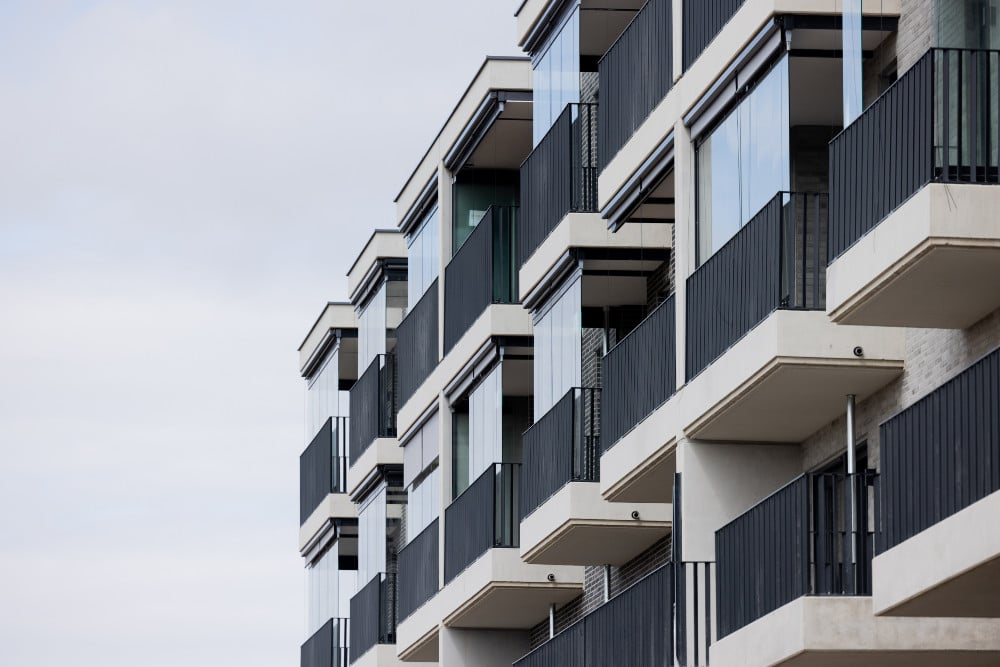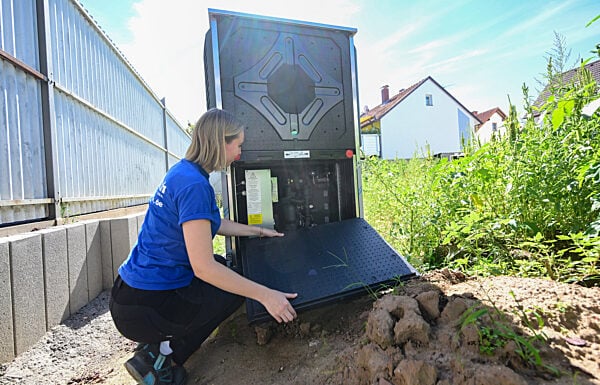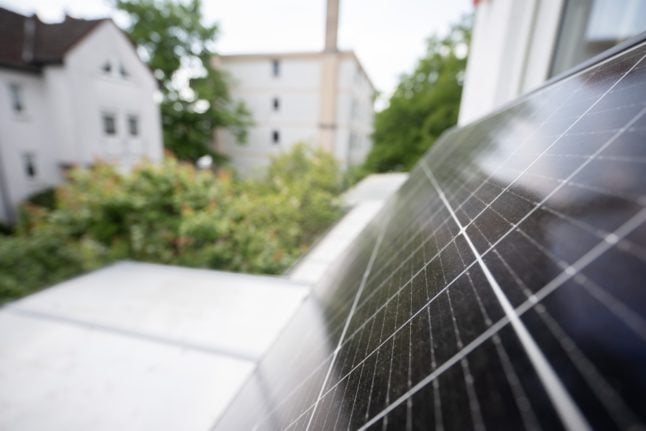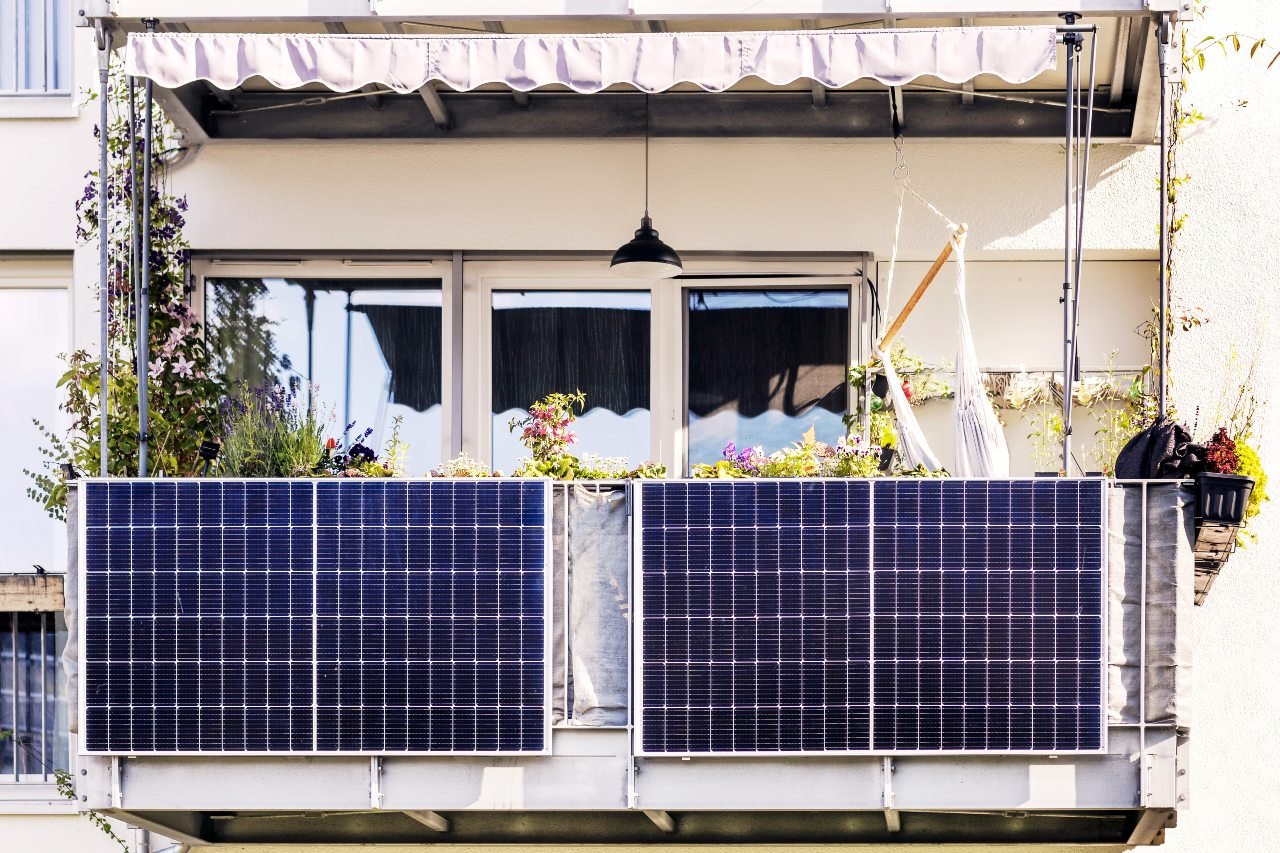Homeowners who want to switch to more climate-friendly heating systems have been able to submit applications to the KfW development bank since Tuesday morning.
According to reports in DPA, the online application portal was overloaded shortly after opening as a number of homeowners attempted to secure funding for a new heat pump or other renewable heating system.
“In front of you in the waiting room are 529 people. The waiting room has been closed,” a notification on the website stated shortly before 8am.
However, access to the portal later resumed as normal.
Who is eligible to apply for a new heating system?
According to KfW, the application process for heating subsidies will be staggered, with applications opening to various groups over the course of 2024.
For now, applications are open to private individuals who own their own single-family homes. Most crucially, homeowners must live in their property to apply for funding at this stage.
Applications will open to broader groups of homeowners in the coming months, but owning a home or apartment building is a requirement for this funding. Tenants don’t really have a say in the matter, beyond perhaps suggesting it to their landlords.
From May 2024, owners of existing apartment buildings with more than one residential unit, or Home Owners’ Associations (WEG) that collectively represent the owners of flats in an apartment block, will also be able to apply.

Finally, from August 2024 owners of buy-to-let homes and apartments will also be able to apply.
If you want to get started now, though, there’s no need to wait: if homeowners exchange their heating systems immediately, they can still apply for funding until November 30th, 2024. According to the latest government information, eligible projects must have started between December 29th, 2023 and August 31st, 2024.
Why is Germany subsidising personal home heating systems?
The new subsidies are provided as part of the heating law of the traffic light coalition, which came into effect from January 1st of this year.
According to the new heating law, it is mandatory for new buildings in new development areas to have heating that is powered at least 65 percent by renewable energies.
In many cases, this requires installing a heat pump. But compared with gas-powered heaters, installing a heat pump can be expensive. So these subsidies are aimed at helping homeowners afford energy saving heating systems.
READ ALSO: What homeowners in Germany need to know about the new heating bill
Some homeowners can apply for up to 70 percent of eligible costs. The basic subsidy covers 30 percent of installation costs for heating systems that are considered climate-friendly, such as heat pumps.
Additionally, further bonuses can be paid to homeowners who live in their own home (rather than renting it out), and if their income falls below a certain salary limit. A contract with a specialised company is also required to be eligible for subsidies.
The contentious green heating law
There had been a bitter dispute over the heating law for months, with the Greens and environmental groups largely backing the law while FDP and more conservative parties rallied against it.
With the reform for more climate protection, the German government wanted to advance the heat transition in the building sector and protect consumers from price jumps for oil and gas if CO2 prices rise in the coming years.
According to Clean Energy Wire (CLEW), as of 2020, half of all German homes were heated by gas, making household heating a sector with huge potential for cutting CO2 emissions.
But opponents to the heating law claim it unfairly forces homeowners to make costly investments in eco-friendly sytems.
READ ALSO: ‘Heating hammer’ – Germany huffs and puffs over climate law
In October 2023, led by Bavaria’s state premier Markus Söder, thousands of people reportedly gathered in the Bavarian town of Erding to protest “heating ideology.”
The new heating law even made an appearance at the year’s Rose Monday parades – in Mainz Economy Minister Robert Habeck was seen flying away, metaphorically losing his grip on the ground with his heating law.

In fact, debate over the heating law may have inadvertently sparked record sales of fossil fuel powered heating systems in the short term, since an earlier draft specified that broken heating systems would have to be exchanged for renewable alternatives. According to Der Spiegel, more oil and gas heating systems were sold in 2023 than any previous year.
As a general rule, functioning heaters can continue to be operated regardless of their energy use. Additionally, old heaters that break down can still be repaired.
READ ALSO: Can a green energy transition plan help revitalise the German economy?
Only heating systems installed after January 1st of this year are subject to the new requirements.
For more information on heating subsidies, or the application process see KfW’s website.
With reporting by dpa.




 Please whitelist us to continue reading.
Please whitelist us to continue reading.
Member comments